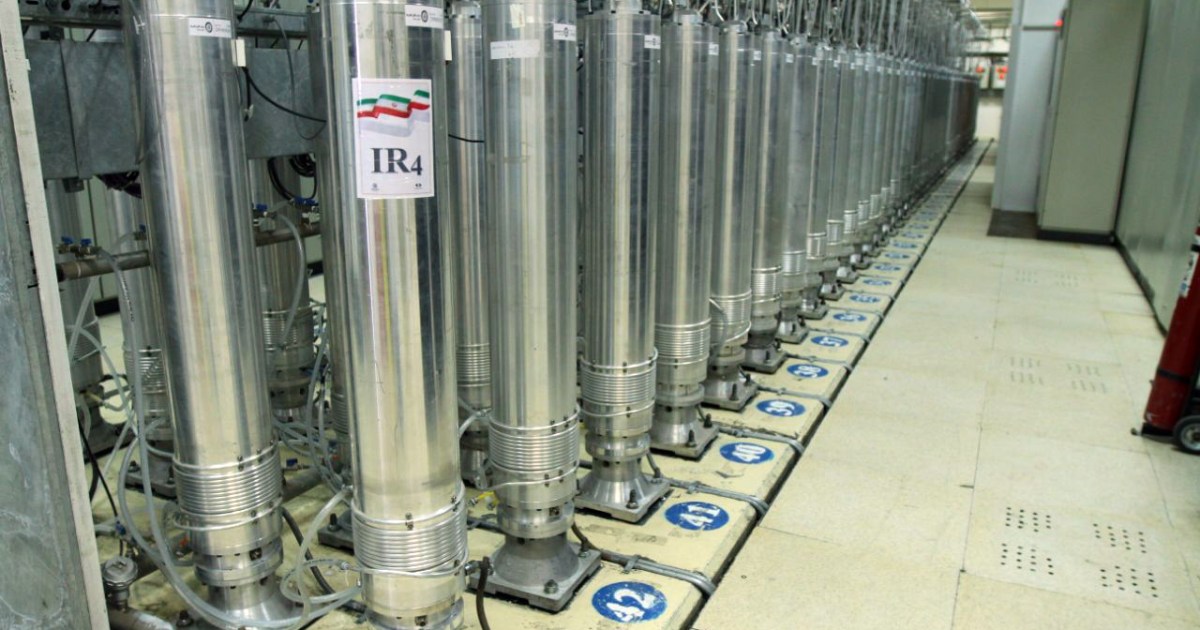The US State Department said the United States and the Gulf Cooperation Council discussed opening diplomatic channels with Iran to contain the escalation, while the Defense Department said Washington was committed to preventing Tehran from obtaining a nuclear weapon.
And the US State Department said - in a statement - that senior US officials and members of the Gulf Cooperation Council discussed building effective diplomatic channels with Iran to prevent, resolve or calm conflicts, backed by strong deterrence and defense cooperation with the United States.
She pointed out that it was agreed - during a working group on Iran held at the headquarters of the Gulf Cooperation Council in Riyadh - between the United States and the Gulf countries on strong economic relations after the lifting of sanctions on Iran.
She added that Washington and the GCC countries considered the Iranian nuclear program a source of grave concern, and that Tehran had taken steps that would be beneficial to the nuclear weapons program and not to civilian needs.
She explained that the United States and the Gulf Cooperation Council countries considered that Iran has a better alternative than the continued escalation and can contribute to a more secure and stable region.
Washington commitment
On the other hand, US Defense Secretary Lloyd Austin said that his country is committed to preventing Iran from obtaining a nuclear weapon, stressing support for President Joe Biden's efforts to reach a new diplomatic agreement on Iran's nuclear program.
"Iran presents serious security challenges, and we will defend ourselves and our partners and proxies against them," Austin added.
In this context, Axios website said that US National Security Adviser Jake Sullivan presented his Israeli counterpart the idea of a temporary agreement with Iran, with the aim of gaining more time for the nuclear negotiations.
Iran concluded an agreement with 6 international powers in 2015 regarding its nuclear program that allowed the lifting of many of the sanctions that were imposed on it, in exchange for limiting its nuclear activities and ensuring the peacefulness of its program, with an inspection program from the IAEA considered one of the most stringent in the world.
However, the effects of the agreement have been canceled since 2018, when the United States unilaterally withdrew from it during the era of former President Donald Trump and re-imposed severe sanctions on Iran.
In response, in 2019 Iran gradually began to roll back many of its core commitments under the agreement.
While Western countries accuse Iran of "violating" the agreement through this retreat, Tehran asserts that its steps are "compensatory" after the US withdrawal.

